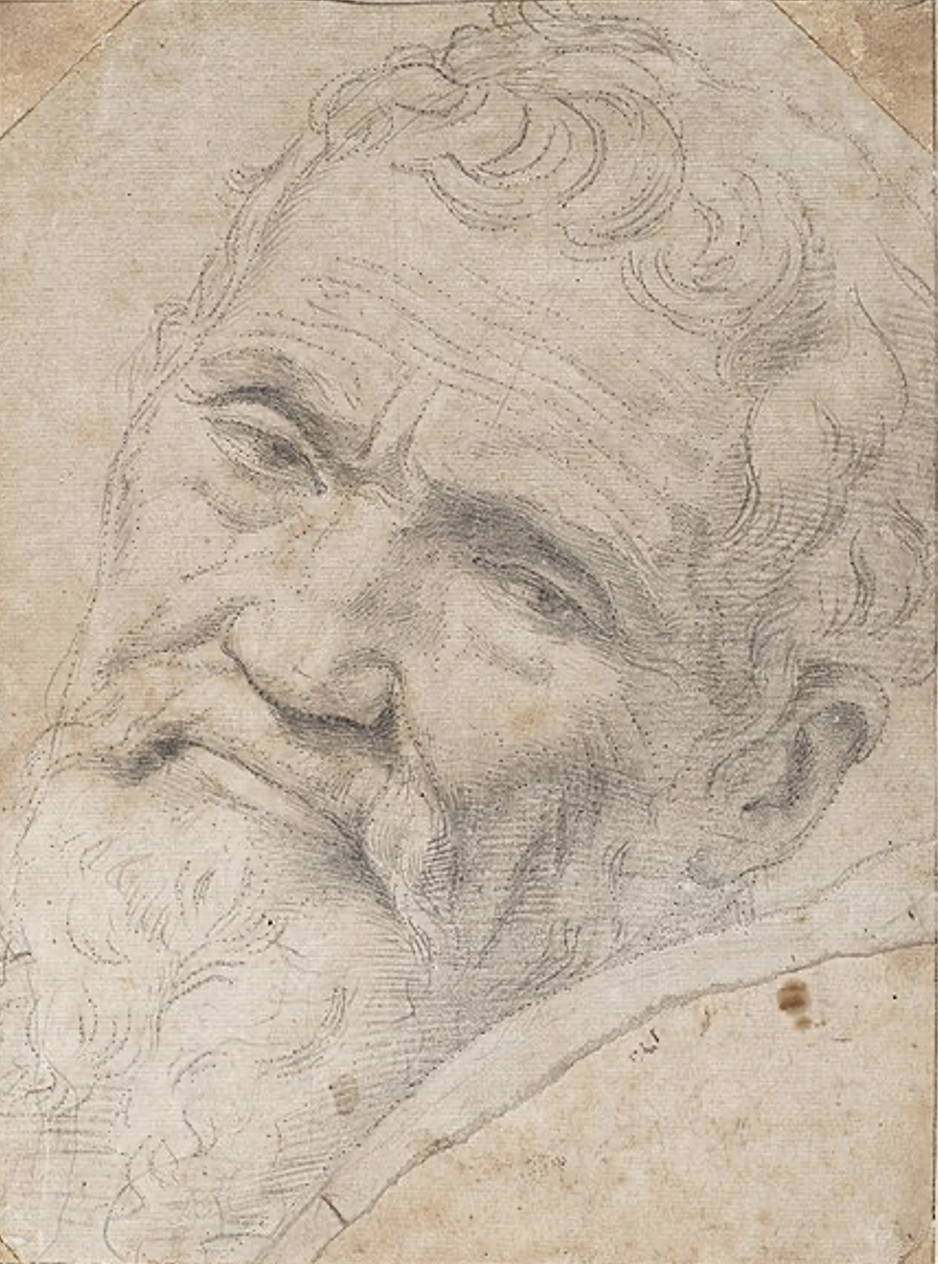Abstract
This paper examines the experiences of the plague in early sixteenth-century Italy from the perspective of one Florentine family, the Buonarroti, based on their vast correspondence. The paper explores the way the Buonarroti family members gave voice to their anxieties, particularly with regard to the violent outbreak that swept across Italy in the 1520s. It also examines the advice that family members gave each other, assessing the extent to which this reflected recommendations found in contemporary medical literature. These recommendations most often amounted to fleeing to isolated places, and avoiding contact with individuals and with potentially infected objects. Recommendations about prayers are also found. Comments on the notion of ‘bad’ air are especially frequent, showing that a close association between the concept of contagion and the concept of corrupt air existed not only in medical literature, but even for lay people. The paper underlines the dilemmas the Buonarroti family members (several of whom were wool merchants) faced when it came to choosing between saving their businesses or protecting their health. Finally, it explores writers’ perceptions of social differences, which times of plague might accentuate: their views of servants and of the poor, during outbreaks, were ambivalent, oscillating between compassion and anxiety.


